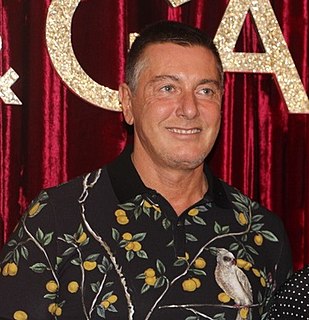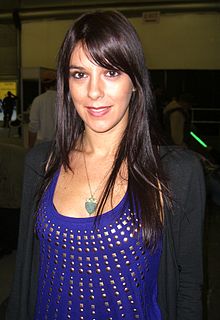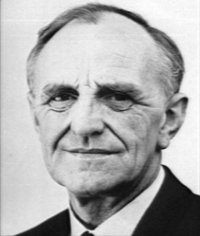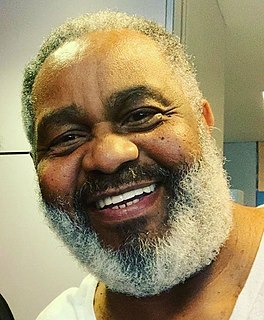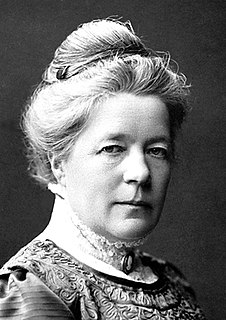A Quote by Stefano Gabbana
I am opposed to the idea of a child growing up with two gay parents. A child needs a mother and a father. I could not imagine my childhood without my mother. I also believe that it is cruel to take a baby away from its mother.
Related Quotes
The great constructive energies of the child ... have hitherto been concealed beneath an accumulation of ideas concerning motherhood. We used to say it was the mother who formed the child; for it is she who teaches him to walk, talk, and so on. But none of this is really done by the mother. It is an achievement of the child. What the mother brings forth is the baby, but it is the baby who produces the man. Should the mother die, the baby still grows up and completes his work of making the man.
Since my mother passed away, my father and I forged a bond that is so tighter than one could possibly imagine. Keep in mind, I am an only child, so I was always fiercely close with both my parents. The tragedy my father and I endured when my mother passed created a bond between us that no amount of force can break.
The mother gazes at the baby in her arms, and the baby gazes at his mother's face and finds himself therein... provided that the mother is really looking at the unique, small, helpless being and not projecting her own expectations, fears, and plans for the child. In that case, the child would find not himself in his mother's face, but rather the mother's own projections. This child would remain without a mirror, and for the rest of his life would be seeking this mirror in vain.
The mother's and father's attitudes toward the child correspond to the child's own needs.... Mother has the function of making himsecure in life, father has the function of teaching him, guiding him to cope with those problems with which the particular society the child has been born into confronts him.
The mother, the father and the child have to come into a sacred relationship. The mother must see the father and the child as a holy and sacred person. The father must see the mother and the child as a holy and sacred person. And then the child can see the mother and the father as God, which is the way it should be, as a sacred being.
Every life and every childhood is filled with frustrations; we cannot imagine it otherwise, for even the best mother cannot satisfy all her child's wishes and needs. It is not the suffering caused by frustration, however, that leads to emotional illness, but rather the fact that the child is forbidden by the parents to experience and articulate this suffering, the pain felt at being wounded.
Protection of the life of the mother as an excuse for an abortion is a smoke screen. In my 36 years of pediatric surgery, I have never known of one instance where the child had to be aborted to save the mother's life. If toward the end of the pregnancy complications arise that threaten the mother's health, the doctor will induce labor or perform a Caesarean section. His intention is to save the life of both the mother and the baby. The baby's life is never willfully destroyed because the mother's life is in danger.
Mother, I am young. Mother, I am just eighteen. I am strong. I will work hard, Mother. But I do not want this child to grow up just to work hard. What must I do, mother, what must I do to make a different world for her? How do I start?" "The secret lies in the reading and the writing. You are able to read. Every day you must read one page from some good book to your child. Every day this must be until the child learns to read. Then she must read every day, I know this is the secret
If in the earlier part of the century, middle-class children suffered from overattentive mothers, from being "mother's only accomplishment," today's children may suffer from an underestimation of their needs. Our idea of what a child needs in each case reflects what parents need. The child's needs are thus a cultural football in an economic and marital game.
Have you ever seen a child sitting on its mother’s knee listening to fairy stories? As long as the child is told of cruel giants and of the terrible suffering of beautiful princesses, it holds its head up and its eyes open; but if the mother begins to speak of happiness and sunshine, the little one closes its eyes and falls asleep with its head against her breast. . . . I am a child like that, too. Others may like stories of flowers and sunshine; but I choose the dark nights and sad destinies.
